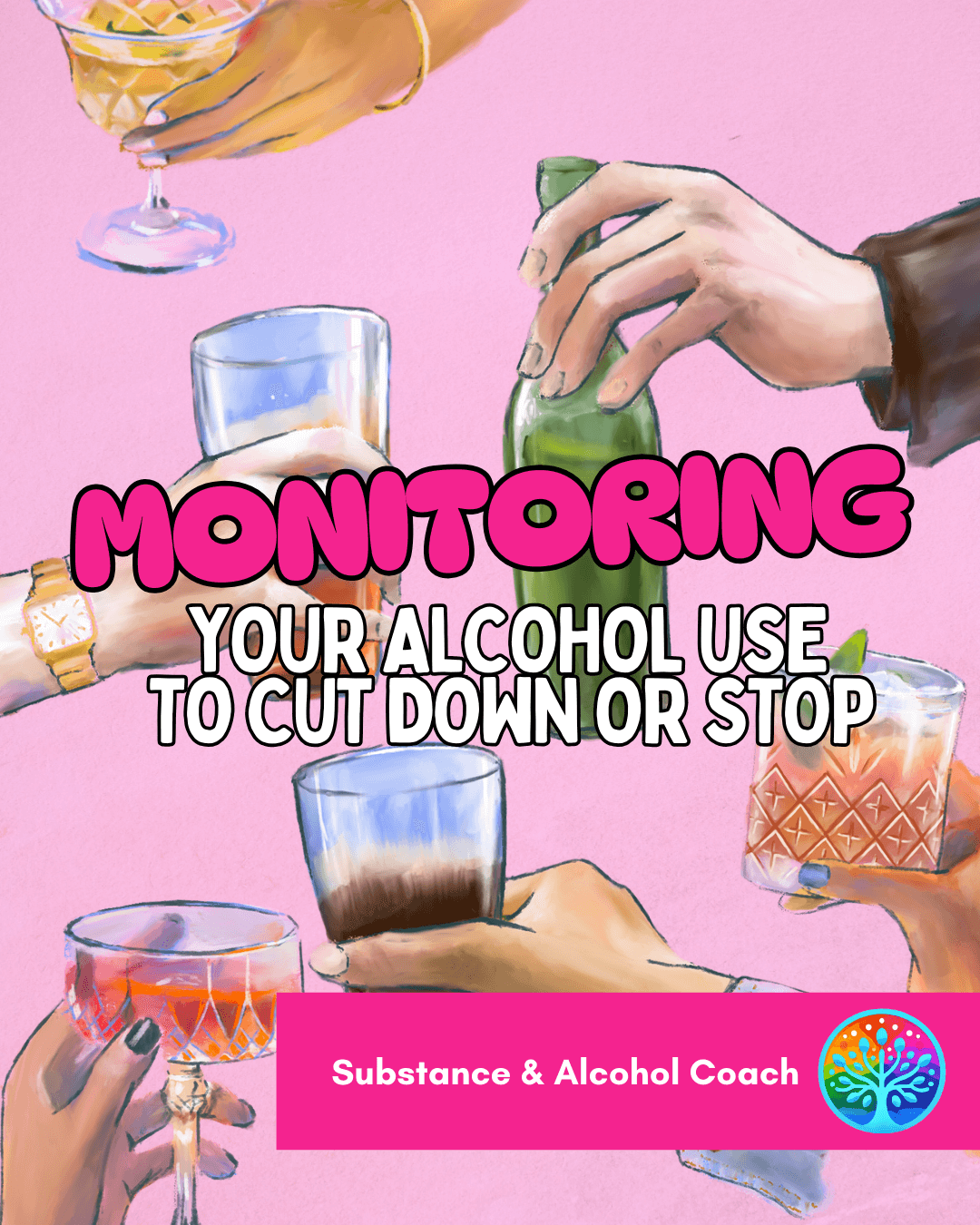
Understanding and monitoring your alcohol use to reduce or stop
Monitoring your alcohol use is the first step toward making positive changes, whether you want to cut back, quit temporarily or become sober.
Awareness and self-reflection can transform your relationship with alcohol. By tracking your drinking habits you can: uncover the reasons behind your consumption, identify patterns, and take control of your choices. This guide will show you how to use an alcohol diary to understand your triggers, create a plan for safer and more mindful drinking, or help you stop completely and enjoy a sober lifestyle.
Why monitor your alcohol use?
Drinking at home
Many people drink at home regularly. It’s often a way to numb emotions like loneliness, stress or anxiety. It can also be about avoiding the quiet of bedtime or using alcohol as a sleep aid. You may not realise that what started as a relaxing habit has turned into a dependency.
Ask yourself:
* Am I drinking to escape my thoughts or feelings?
* Do I believe I need alcohol to sleep or relax?
* Has drinking become a daily ritual, even if I don’t want it to be?
* How do I feel about reducing my drinking or sobriety?
Binge drinking
Binge drinking is often linked to social anxiety whether it’s talking to someone new, fear of rejection or simply keeping up with friends. While it might feel like fun, the aftermath can bring embarrassment, memory gaps, regret, shame, arguments or potentially risky behaviours. But you can learn to enjoy social situations without relying on alcohol. The key is to become conscious of your drinking habits.
How an alcohol diary can help
An alcohol diary is a powerful tool for self-awareness. Recording your drinks and your feelings before and after will enable you to see patterns and understand the reasons you drink. This awareness makes it easier to reduce your intake or aim for sobriety in a structured and sustainable way.
What to track in your alcohol Diary
* Time and amount: When did you drink, and how much in units/standard drinks?
* Where and who with: Where were you and what location?
* Feelings before drinking: What emotions or thoughts were you experiencing?
* Purpose of the drink: What did you hope alcohol would do for you?
* Feelings after drinking: Did you achieve what you wanted? How did you feel afterwards?
* Cost: How much did it cost?
Tips for reducing or quitting alcohol
1. Set clear goals. Decide if you want to reduce, half your use or stop entirely.
2. Identify triggers. Use your diary to spot patterns. Are you drinking out of habit, boredom or difficult emotions?
3. Find alternatives. Replace alcohol with healthier coping strategies, like exercise, meditation, or talking to a friend.
4. Seek support. Share your diary with a recovery coach or sobriety coach or trusted person. Accountability helps.
5. Celebrate Progress. Every day you stick to your plan is a win. Reward yourself for small victories.
How a recovery or sober coach can help
If you’re struggling to make changes on your own, a recovery coach or sober coach can provide personalised strategies, support, encouragement and accountability. Together, we can create a plan tailored to your lifestyle and goals.
Find this page through a search engine? Return to the main site. Interested in talking more about the topic contained in this post? Contact me or DM via the social links in the footer.
